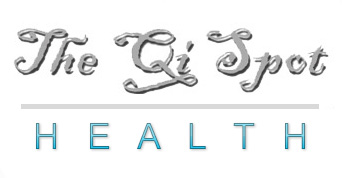What to expect at my treatment
Initial Consultation
Health History: During the initial exam your full health history will be taken. A variety of questions will be asked regarding your symptoms, health and lifestyle.
Physical exam and Diagnosis: Your acupuncturist will also check your pulse and tongue** and may conduct a physical exam. This information is then organized to create a complete, accurate and comprehensive diagnosis of where Qi (pronounced "chee") is blocked and imbalanced.
Treatment Plan: After your Health History review and diagnosis, you will receive an acupuncture treatment plan tailored just for you.
Treatment: Depending on your diagnosis, your Acupuncturist, in addition to Acupuncture, may use cupping, tuina massage, moxibustion or other modalities to treat you.
An initial visit is about an hour long.
Return visits
If you follow your treatment plan, your Acupuncturist will only have to recheck your tongue and pulse to see if anything has changed from your last visit and treat you according to your diagnosis.
If you do not follow your treatment plan, and stay too long in between visits, all the steps in the initial visit will have to be repeated.
Return visits will vary from 45 minutes to 1 hour at The Qi Spot.
**Why the tongue and pulse check?
There are 12 pulse positions on each wrist that correspond to specific meridians (the path that Qi flows in the body) and organs. If there is any blockage or imbalance, it will appear in the pulse reading. The tongue is a map of the body. The color, shape, cracks, and coating on the tongue reflect the general health of the organs and meridians too.
How many Treatments will I need?
Treatment frequency and number of treatments needed depend on a variety of factors: your constitution, the severity and duration of the problem and the quality and quantity of your Qi. Some people experience immediate relief, others may take months or even years to achieve results. Chronic conditions usually take longer to resolve than acute ones. Plan on a minimum of a month to see significant changes. An Acupuncturist may suggest one or two treatments per week, or monthly visits for health maintenance, prevention and seasonal “tune-ups”.
Why your Acupuncturist may recommend herbs
Herbs can be a powerful adjunct to acupuncture care. They are used to strengthen, build and support the body or to clear it of excess problems like a cold, fever or acute pain. They are especially useful in between appointments to continue and increase the body's healing abilities before the next appointment.
